DNVN - Using sodium instead of lithium in battery production opens up opportunities for the US and its allies to establish a new supply chain in the global energy storage sector.

As trade tensions between the US and China escalate, the two countries are entering a dangerous competition in battery technology, according to the Wall Street Journal on December 21. A potential solution could come from sodium - a familiar element found in everyday table salt.
Instead of the traditional lithium-ion battery applications that are ubiquitous in everything from mobile devices to the power grid, the new technology that uses sodium through a soda ash compound (which includes sodium hydroxide and sodium carbonate with high alkalinity) could help the US end China's dominance in the battery manufacturing industry.
Unlike lithium, sodium can be easily mined anywhere. Notably, the US owns 92% of the world's soda ash reserves, making the country the "Saudi Arabia" of this raw material industry.
After two unsuccessful attempts to develop a battery industry, researchers and businesses in the US are hoping for a third attempt, thanks to effective coordination with policymakers and incentives from the government.
To support the research, the U.S. Department of Energy has awarded $50 million to a consortium of six national laboratories and eight universities. Sodium-ion batteries offer advantages over lithium-ion batteries in terms of durability and safety, but they are also large and heavy.
Size and weight limitations are not a big issue for applications like solar and wind energy storage, experts say. At the same time, scientists are developing more compact sodium-ion batteries that are suitable for electric vehicles, with the ability to operate at a wider range of temperatures and at lower costs.
Dr. Venkat Srinivasan, director of research at Argonne National Laboratory, emphasized that the development of sodium-ion batteries is important to national security. He noted that the current lithium-ion battery supply chain is almost entirely dependent on China, which controls the refining of minerals and the production of batteries.
Peak Energy, a U.S. company, is currently at the forefront of deploying sodium-ion battery technology. The company has signed a contract to build a pilot facility for utilities by 2025, CEO Landon Mossburg said. While Peak Energy currently imports batteries from China, it is learning the technology with the goal of becoming self-sufficient in U.S. production.
To compete with lithium-ion batteries (LFP) in the electric vehicle sector, researchers are focusing on two main tasks: reducing dependence on nickel, a material controlled by China, and improving energy storage capacity. With continuous advances, more compact sodium-ion batteries that still ensure high performance are completely achievable in the future.
Thanh Mai (t/h)
Source: https://doanhnghiepvn.vn/cong-nghe/nguyen-to-hoa-hoc-co-the-giup-my-thoat-khoi-su-phu-thuoc-vao-pin-tu-trung-quoc/20241223091646756




![[Photo] Vietnam and Sri Lanka sign cooperation agreements in many important fields](https://vphoto.vietnam.vn/thumb/1200x675/vietnam/resource/IMAGE/2025/5/5/9d5c9d2cb45e413c91a4b4067947b8c8)


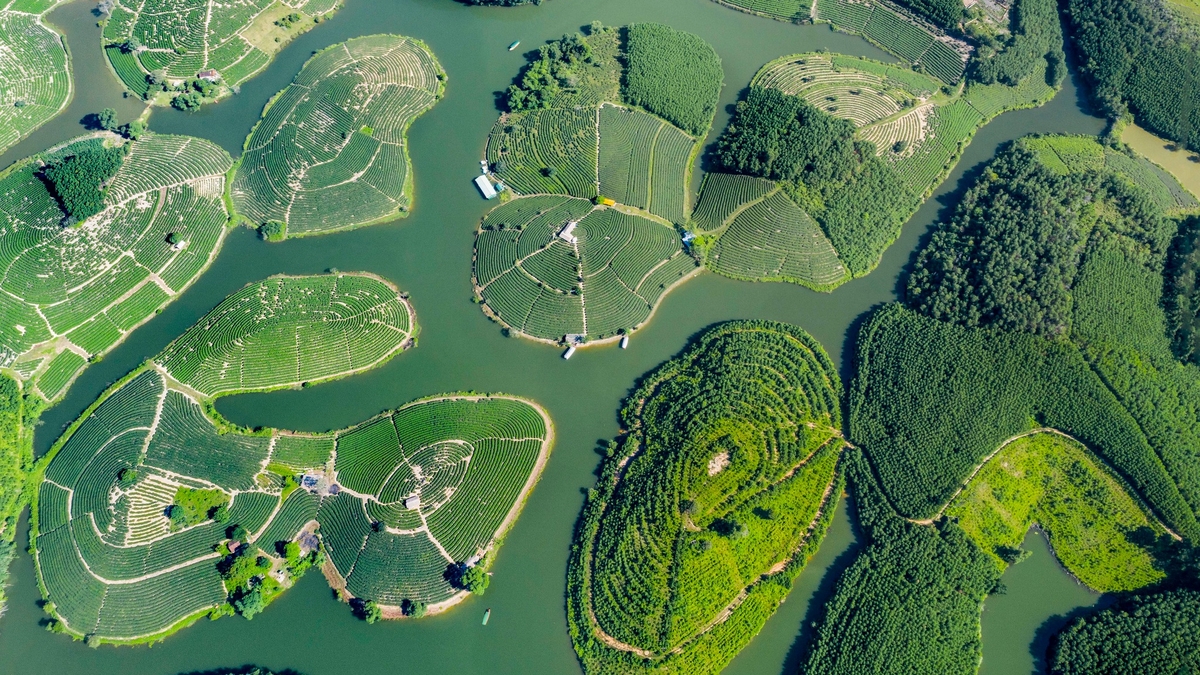


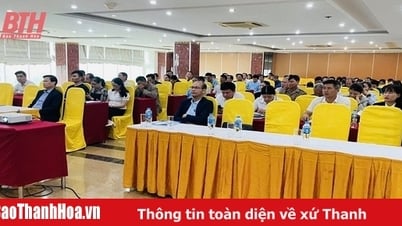
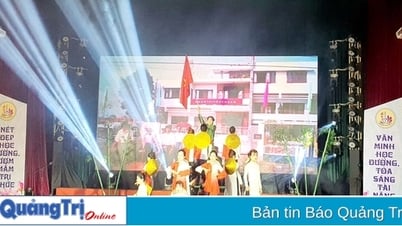

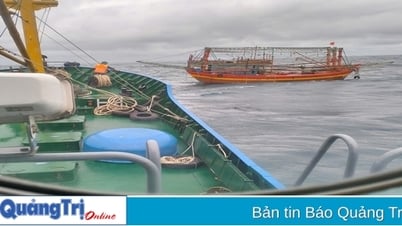

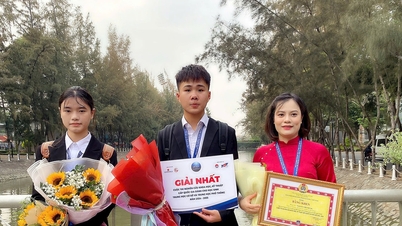


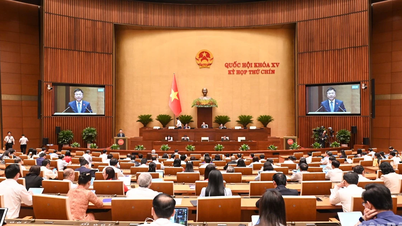
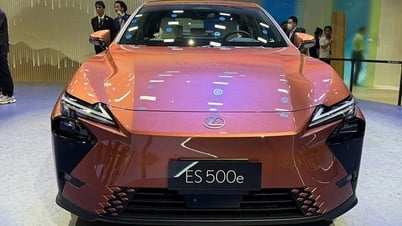













![[Photo] President Luong Cuong and Sri Lankan President Anura Kumara Dissanayaka visit President Ho Chi Minh relic site](https://vphoto.vietnam.vn/thumb/1200x675/vietnam/resource/IMAGE/2025/5/5/0ff75a6ffec545cf8f9538e2c1f7f87a)

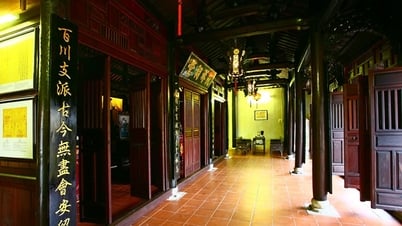

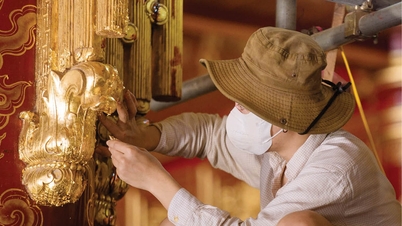





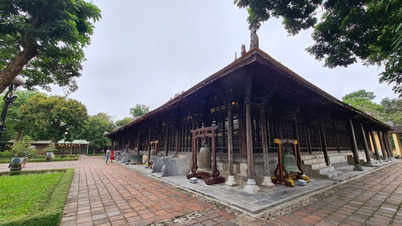




















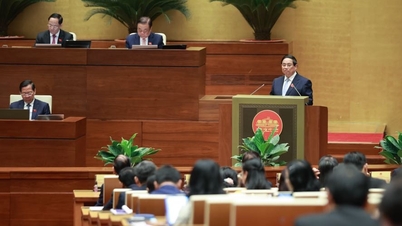

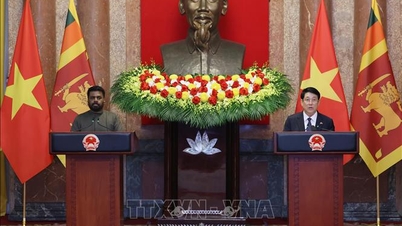
![[Photo] President Luong Cuong presided over the welcoming ceremony and held talks with Sri Lankan President Anura Kumara Dissanayaka](https://vphoto.vietnam.vn/thumb/402x226/vietnam/resource/IMAGE/2025/5/5/351b51d72a67458dbd73485caefb7dfb)

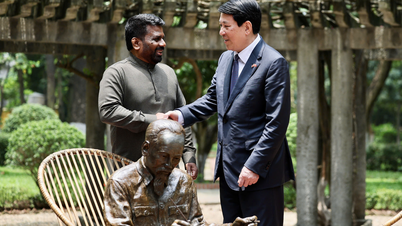
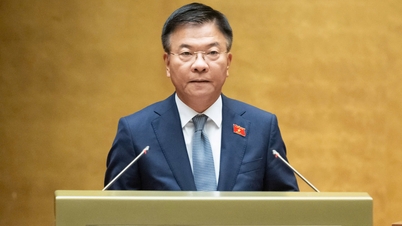



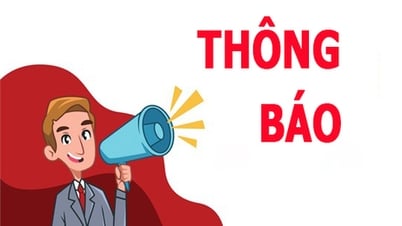

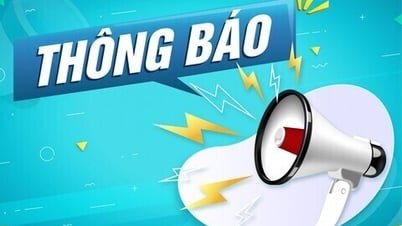


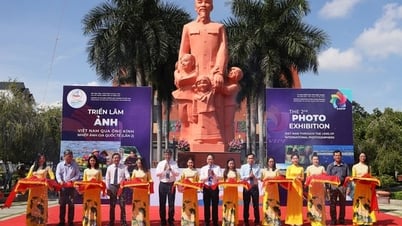


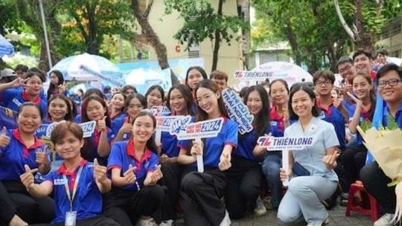








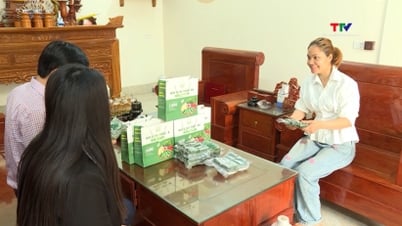

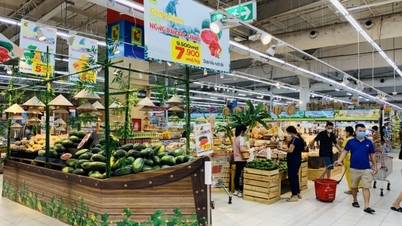







Comment (0)